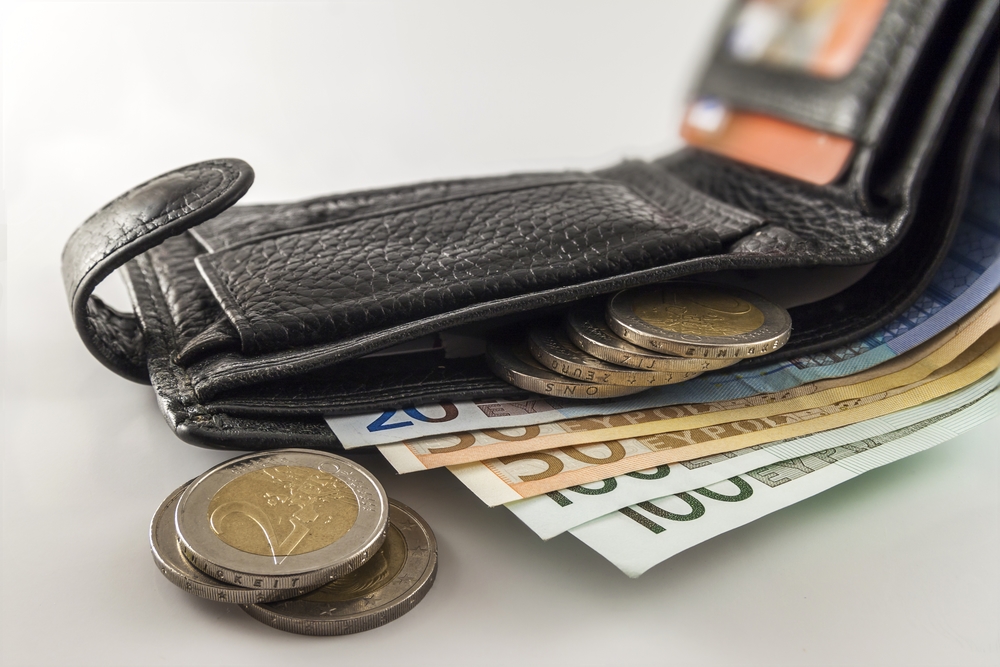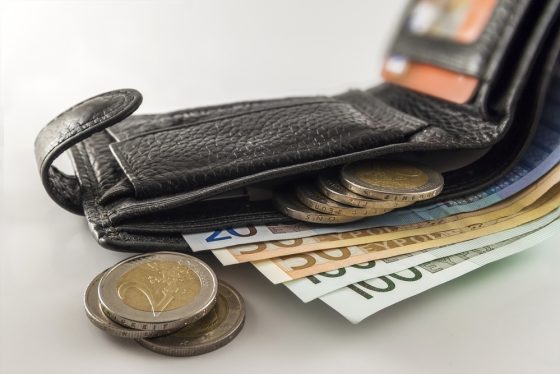Feeling the pinch? Dutch among world’s most honest in returning lost wallets


A new study has found that the Netherlands is one of the best countries to lose your wallet: 70% of lost purses find their owners again.
The survey of data from 40 countries, published in Science magazine, found that Switzerland, Norway and the Netherlands are the most honest countries, whether or not wallets are full of cash. It is best, statistically speaking, not to lose your wallet in China, Peru or Morocco, according to the study.
One of the more interesting findings in the research – which involved purposefully “losing” 17,000 wallets around the world and seeing what happened to them – was that the more money in the stash, the more likely someone was to contact the owner to return it.
“In virtually all countries, citizens were more likely to return wallets that contained more money,” said the authors in an abstract. “Both non-experts and professional economists were unable to predict this result.
“Additional data suggest our main findings can be explained by a combinations of altruistic concerns and an aversion to viewing oneself as a thief, which increase with the material benefits of dishonesty.”
In the study, researchers targeted different buildings then approached an employee claiming to have found a wallet on the street and saying that somebody must have lost it. They then tracked whether the employee tried to contact the owner through a series of created email addresses.
The Netherlands, as well as being in the top three of the table, slightly bucked the trend: Amsterdammers were almost as honest with an empty wallet as with one stashed with €10. Meanwhile, Dutch hotel employees were the most honest in the world, returning 72% of wallets.
Economist Shaul Shalvi, from the University of Amsterdam, told the Volkskrant that the results were illogical but not a shock – although he wondered whether people would be equally honest with wallets belonging to women, migrants or tourists: ‘It’s not surprising that a wallet without money doesn’t come back,’ he reportedly said. ‘But it is not logical in economic terms that people don’t put their own interests first.’
Alain Cohn, lead investigator and an assistant professor of information at the university of Michigan, told the Volkskrant that people may have been motivated by guilty feelings the more significant the find seemed. ‘If you find a wallet with a key, for instance, it’s not just about money but something personal belonging to someone else. This stirs unconscious levels of concern and a sense of guilt.’
Thank you for donating to DutchNews.nl.
We could not provide the Dutch News service, and keep it free of charge, without the generous support of our readers. Your donations allow us to report on issues you tell us matter, and provide you with a summary of the most important Dutch news each day.
Make a donation